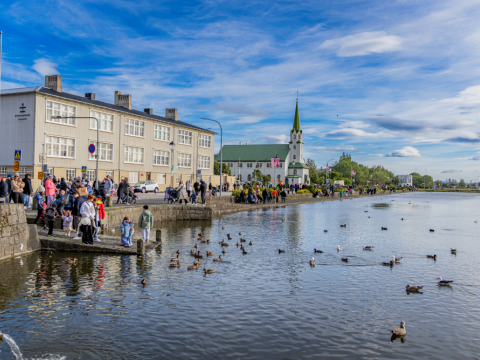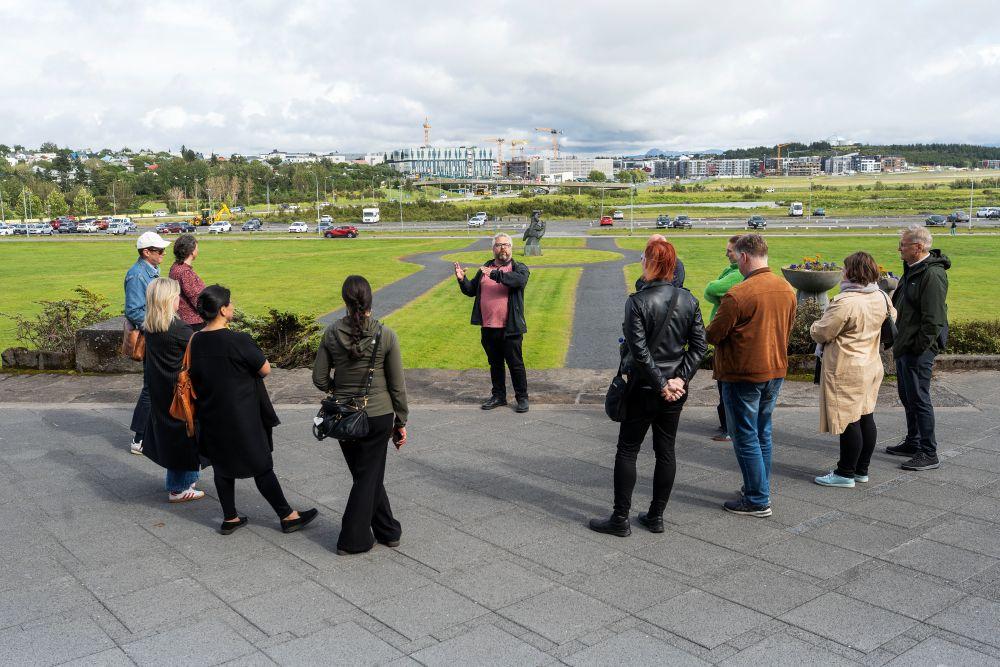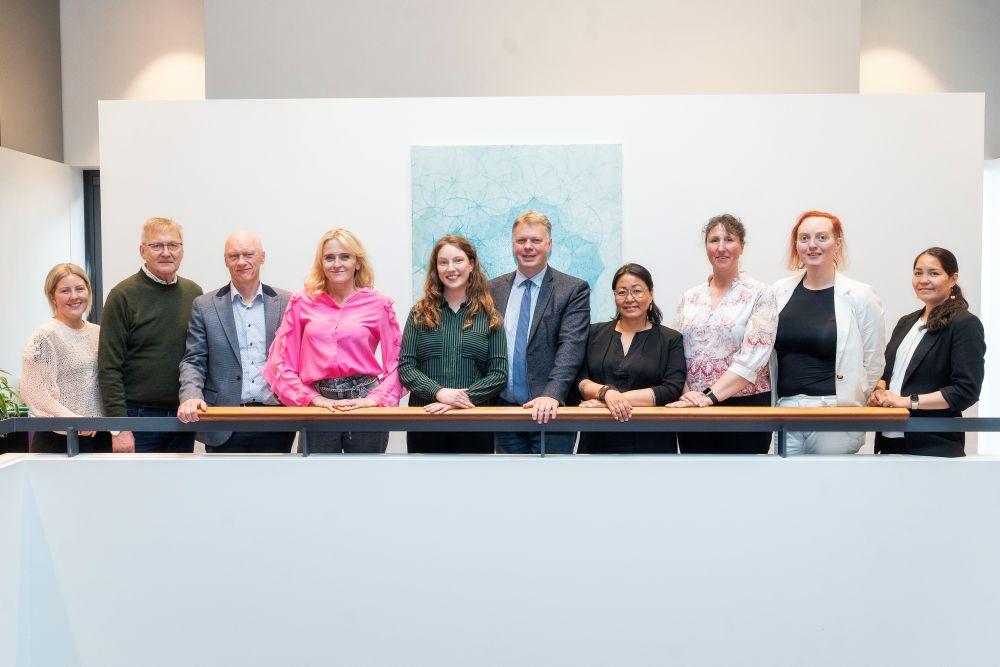West Nordic Capital Fund allocations for 2025

The West Nordic Capital Fund held its annual board meeting on June 24 at Reykjavík City Hall. The board includes mayors and city councilors from Nuuk, Tórshavn and Reykjavík, and the fund supports cultural cooperation between the three cities. This year brought 50 grant applications, including 23 from Iceland — the highest number on record.
In 2023, the board decided to increase the total funding available for 2024 and 2025, since significant surplus funds had built up from distributions made during the pandemic. Each city had 300,000 Danish kroner available for their allocations this year, the same as last year.
Cultural City Reykjavík reviewed the applications and presented official statements about them to the fund's Icelandic board members. The board chose to fund 11 projects, with decisions based partly on whether each project's content and scope align with the fund's rules and goals.
The projects are:
- West Nordic Voices at RIFF – Reykjavík International Film Festival
- Unison String Festival – Anna Hugadóttir
- Concert tour to the Faroe Islands – Benni Hemm Hemm and choir
- Islands – Icescapes: Climate Change, Social Change – Guðjón Bjarnason and Magnea Marinósdóttir
- Hoym – Concert tour – Hoym band
- An Imortelle – Katrín Bára Elvarsdóttir
- Vestnordiske Stemmer – Nordic House
- Voices from the North: A multilingual literary exchange – Reykjavík Poetics
- Heysahorn Pan-Nordic Assembly – Snæbjörn Helgi Arnarsson Jack
- Klang REYK/THOR – Spectrum choir
- Söguhringur Project – Ós Pressan
Reykjavík City congratulates the grant recipients and thanks all applicants for their excellent and engaging proposals. Representing the City on the fund's board were Mayor Heiða Björg Hilmisdóttir and city councilors Alexandra Briem and Kjartan Magnússon.
The fund's board includes the mayors of Nuuk, Tórshavn and Reykjavík, along with two city councilors from each city. The fund supports cultural cooperation between the three cities, and this year received a record 51 applications. Delegations from Nuuk and Tórshavn stayed in Reykjavík, and after the board meeting concluded, they were invited to a ceremonial dinner at Höfði House. The following day included an educational tour of Hellisheiði Power Station, and the guests also received presentations on housing and planning issues and concluded with a visit to Visit Reykjavík. The program wrapped up with historian and deputy city councilor Stefán Pálsson leading the group on an evening historical walking tour from the University of Iceland, which served as the perfect end to an enjoyable agenda.

